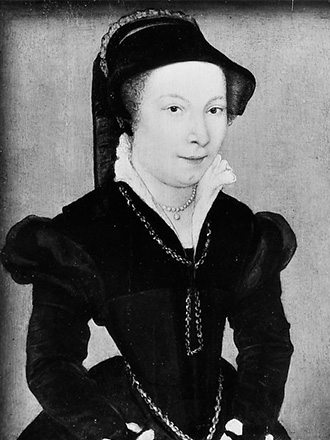Early Views on Poverty
As a result of the unique context, the enactment of poor laws within the colonies often relied on inventive solutions to need. The quotes on this slide evidence the perspective and approach of early Americans to providing assistance. For example, the famous Puritan Preacher, Cotton Mather, wrote, “for those who indulge themselves in idleness, the express command of God unto us is that we should let them starve.” As an influential spiritual leader, Mather’s views of poverty directed early responses to need and charity by colonists. For example, another famous colonist, John Winthrop, described the treatment of a woman who had the misfortune of losing her husband, “One Abigail Gifford, widow, being kept at the charge of Weldsen in Middlesex near London, was sent by Mr. Ball’s ship to this country, and being found to be somewhat distracted and a very burdensome woman, the governor, and assistants returned her back by warrant to the same parish on the ship…”
Being a widow during early American history meant that you did not have the ability to own property and therefore we dependent upon charity. As perhaps the clearest example of the influence of Elizabethan Poor Laws within the early colonies, some of the records of that time indicate that one community’s solution to caring for a widow was to have her bounce around from home to home, never staying more than two weeks in each home.